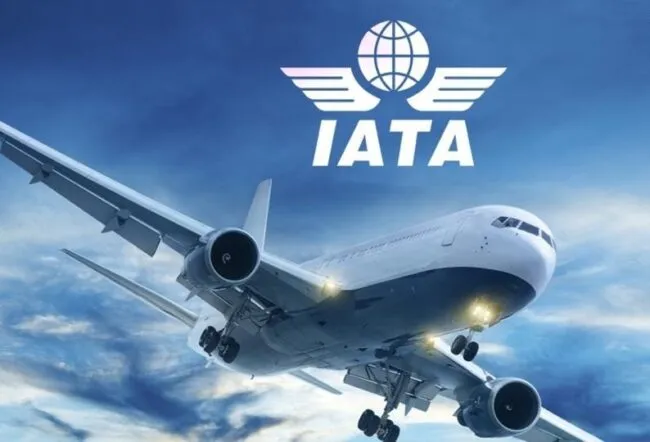
As Nigeria celebrates its 65th Independence Anniversary, the International Air Transport Association (IATA) has spotlighted the vital role the aviation sector plays in powering the nation’s economy.
According to IATA’s Regional Vice President for Africa and the Middle East, Kamil Alawadhi, the aviation industry contributes $2.5 billion annually to Nigeria’s Gross Domestic Product (GDP) equivalent to 0.7% of the national output and directly or indirectly supports over 217,000 jobs.
“Aviation is a powerful engine for economic and social development,” Alawadhi said. “With one of the fastest-growing populations in Africa and the world, and a predominantly young demographic, there is immense opportunity for future economic growth.”
Key Figures from IATA’s Report: $2.5 billion annual GDP contribution from aviation, 217,000 jobs supported, including: 39,500 direct jobs in airlines, airports, manufacturers, and navigation services, 66,600 jobs supported by tourism-related air travel. $702 million in direct aviation economic output (0.2% of GDP), $454 million GDP contribution from aviation-supported tourism and $760 million from spending by international tourists.
Air Connectivity: A Driver of Growth
IATA emphasized that air connectivity is essential to Nigeria’s economic development, enabling increased business activity, access to remote regions, and growth in international trade and tourism.
“By swiftly and safely connecting people in different cities, air transport generates benefits to consumers and the wider economy. It makes the world smaller, enriching lives and enhancing cultural diversity,” Alawadhi noted.
Passenger & Cargo Traffic Trends (2023):
- 2.1 million international passenger departures
- Top destinations:
- Europe: 780,700 passengers (38%)
- Africa: 485,400 passengers (23%)
- North America: 373,000 passengers (18%)
- 195,700 tonnes of air cargo moved through Nigerian airports
Strategic Importance of Aviation:
Beyond its economic impact, IATA says aviation is also crucial for: Connecting rural and remote areas to healthcare, education, and employment, Enhancing Nigeria’s tourism industry by bringing in high-spending international visitors and Supporting supply chains and boosting the non-oil export sector.
Alawadhi called on stakeholders to continue improving the sector by: Enhancing infrastructure, Ensuring aviation safety and regulatory standards, Supporting airline profitability and fair policies and Facilitating visa access and travel convenience.



